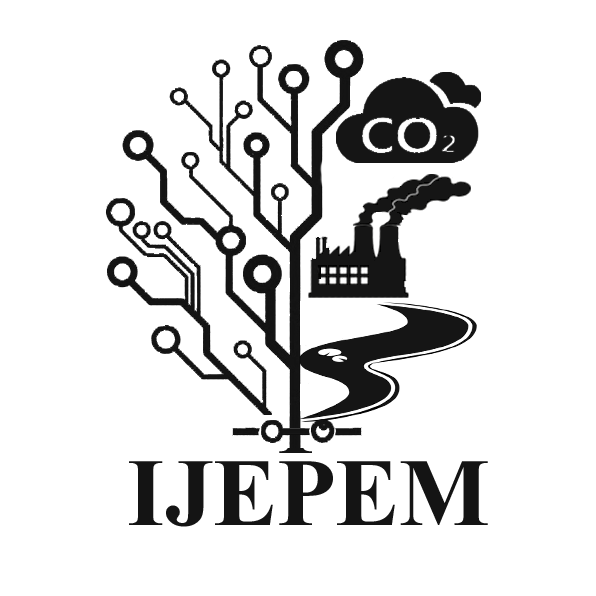
International Journal of Environmental Pollution and Environmental Modelling
Yazarlar: Richard BALTHI MSHELİA, İ̇̇braheem SHEHU DİSO, Abdullahi AUDU ADAMU
Konular:Çevre Mühendisliği
Anahtar Kelimeler:Carbon footprint,Composting,Greenhouse Gases,Municipal Solid Waste,Solid waste Management
Özet: The solid waste management (SWM) sector is responsible for about 5% of all greenhouse gas (GHG) emissions globally. In countries like Nigeria with inefficient SWM systems, this figure is much higher, this reinforces the need to find suitable eco-friendlier SWM practices so as to reduce the carbon footprint from this sector. This study assessed the role composting can play in reducing GHG emissions from the SWM sector in the north-eastern states of Nigeria. Data regarding SWM practices for each of the six states in the region was obtained from literature, Upstream-operating-downstream carbon footprint assessment framework was used to ascertain the potential reduction in GHG emissions that can be obtained by composting. It was found that disposing of waste in landfills and dumpsites is the prevalent SWM technique in the region and that it is responsible for emission of 232,505.18tCO2eq annually. However, if composting is adopted as a preferred SWM technique, a 52% net reduction of GHGs emission can be attained. The study concluded by suggesting that other SWM techniques should be studied so as to see if any of them is a better alternative to composting.